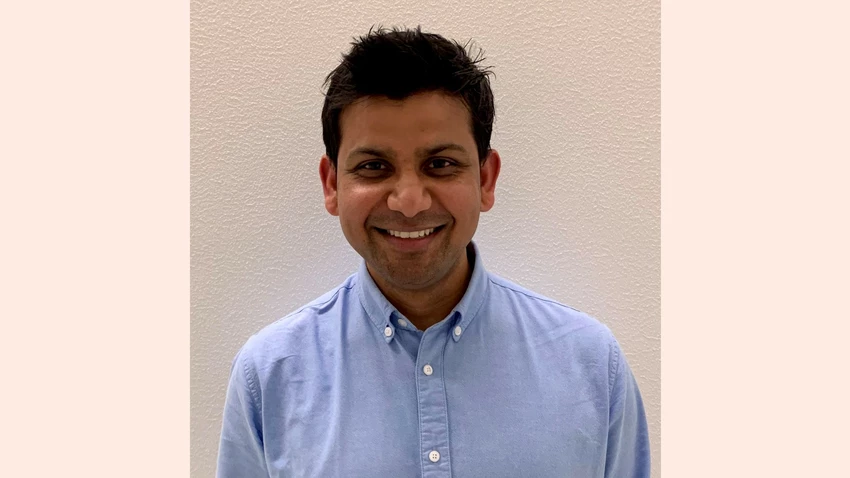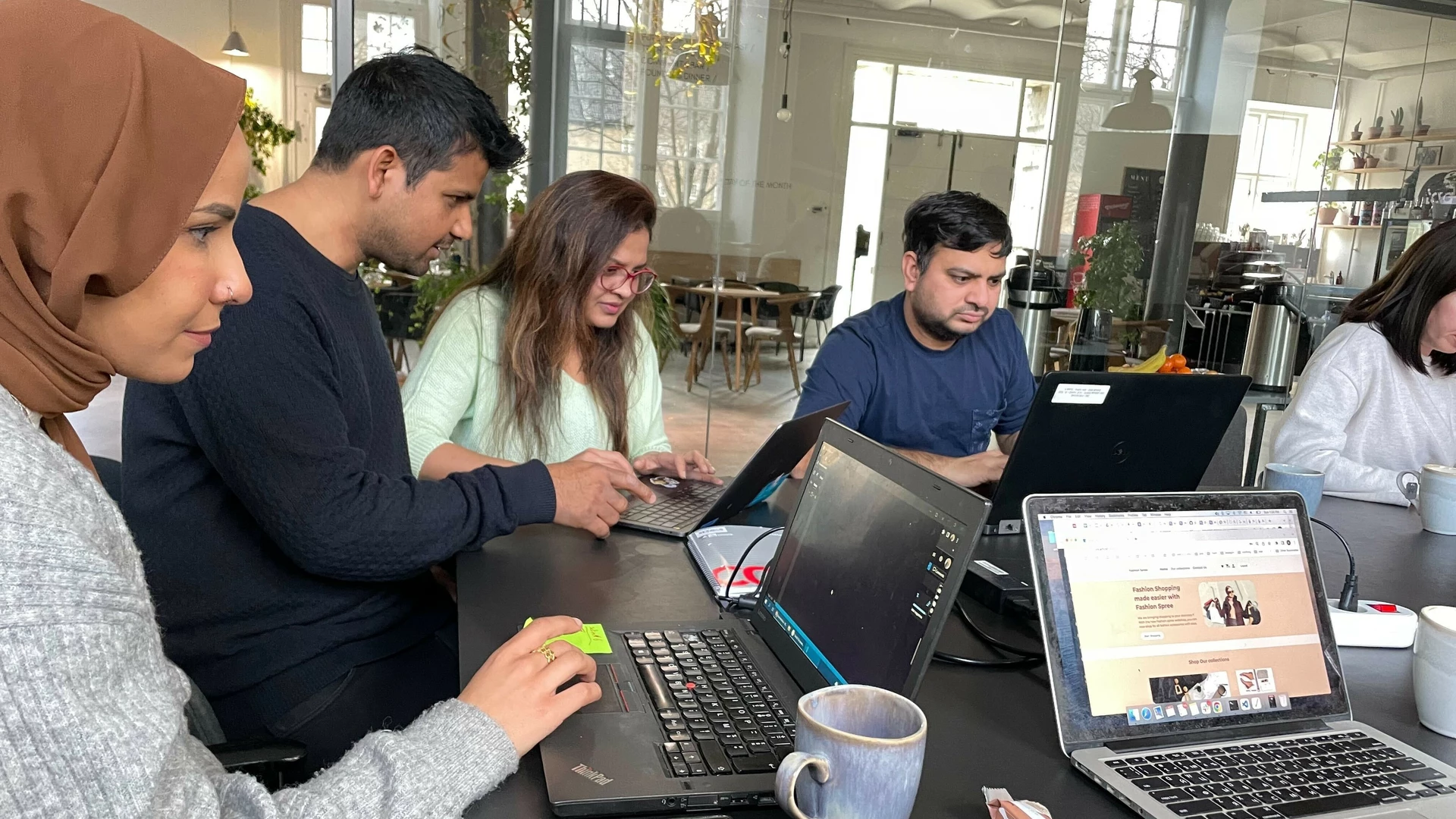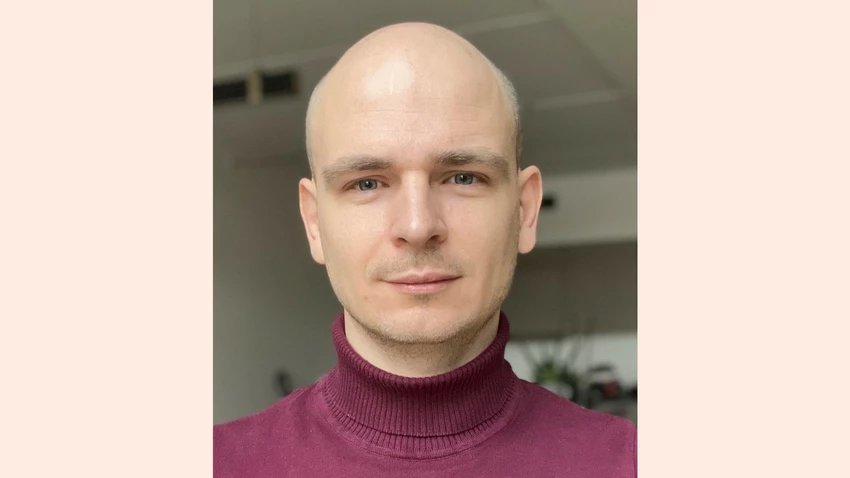
Normally, Gaurav Saxena works as a developer in Asset Management and Personal Banking Technology, but for a short period he has swapped his job at Nordea for teaching refugees from Ukraine, Syria and Somalia, who are studying to become web developers via the programme HackYourFuture.
“It’s nice to be able to help refugees. Even though web development is not easy, the students are really focused on developing and learning new skills,” he says.
Gaurav Saxena originally comes from Agra in India and when he heard about the new refugee programme he was not in doubt. He wanted to be a part of it to help people coming to Denmark to get a good start on their new life.
“When I came to Denmark I was lucky to get a lot of help from locals and colleagues to get started,” he says and continues:
“They helped me with everything from translations into Danish to visits to the municipal office, to report an issue and to explain how the tax system and vacation system work. As a foreigner you’re just so grateful for the help you get, so it meant a lot to me.”
Hacking a new future
Gaurav Saxena has therefore spent his 16 voluntary hours at HackYourFuture, which was established in Amsterdam in 2016. The programme helps refugees, asylum seekers and disadvantaged groups with limited access to further education and the labour market to get new skills by educating them to become web developers. It has now expanded to other countries including Denmark.
“The idea is to teach people to hack their future with new skills. Many of the refugees had good jobs in their homeland, but have difficulties in getting a job when they arrive in Denmark. The IT industry is generally experiencing labour shortage, so with this programme the students get a new opportunity to apply for jobs in the tech industry in Denmark, where there is a strong demand for skilled labour,” he explains.
HackYourFuture is a classroom-based programme, running boot camps of eight months’ duration. As a mentor Gaurav Saxena is running a three-week module, where he teaches the students server-side programming using NodeJS and assists further during the final project phase.
“The course starts with very basic concepts like HTML, JavaScript and later advances with SQL, databases, API development and ReactJS,” says Gaurav Saxena and continues:
“It can be really challenging to teach students with different backgrounds as they don’t have any previous experience or education in this area at all. So, I also develop myself as I learn how to explain complicated things in a simpler way.”




